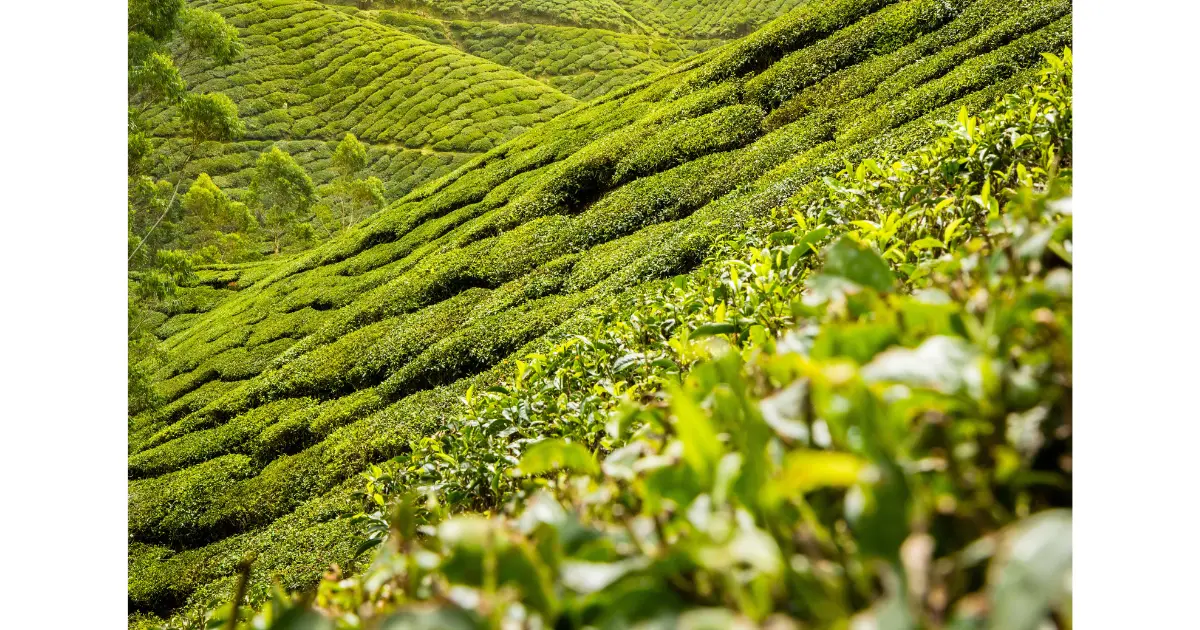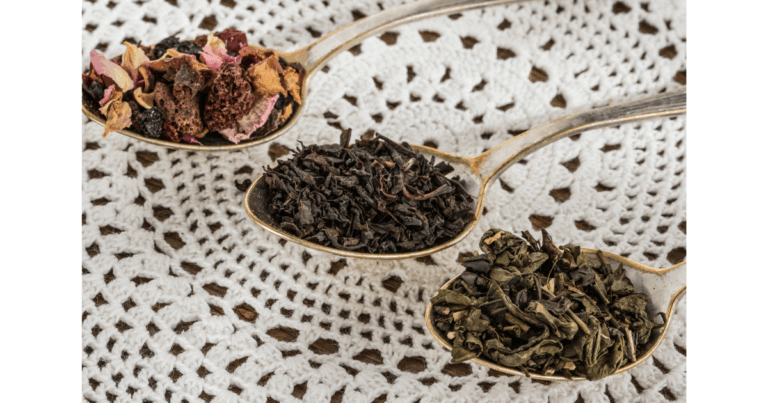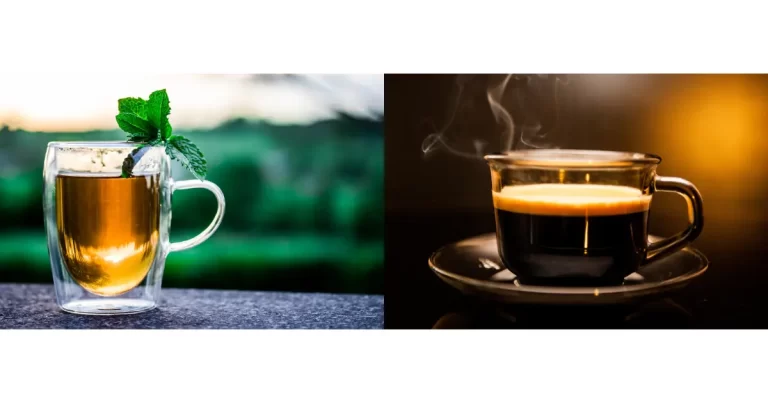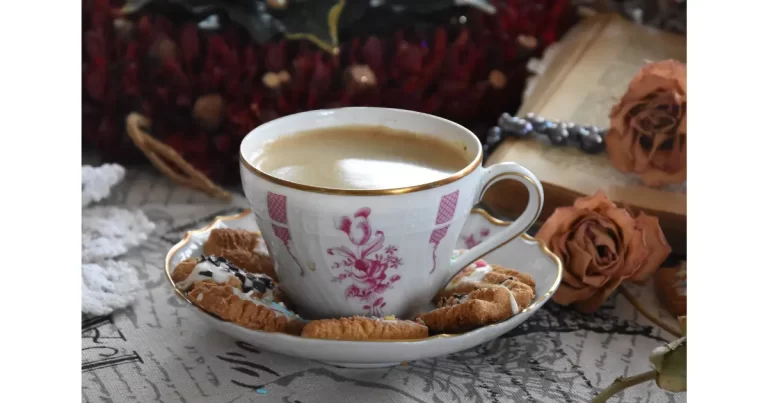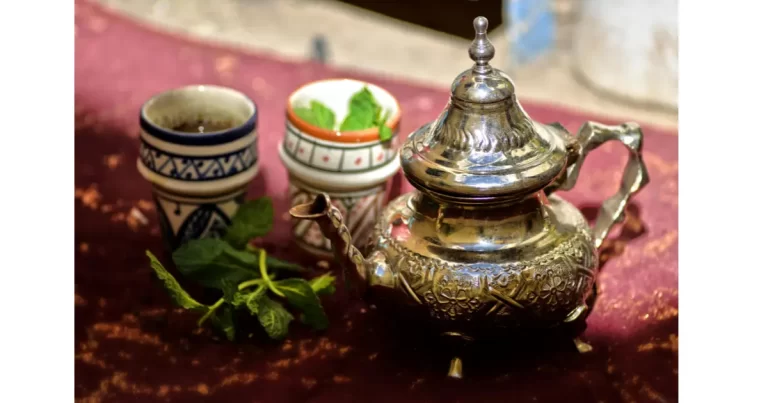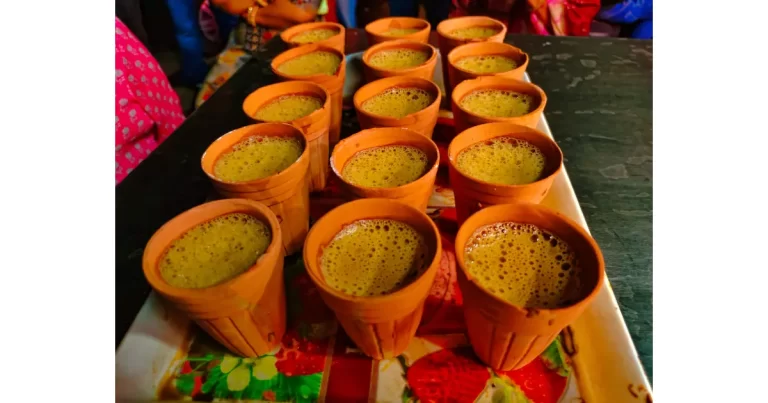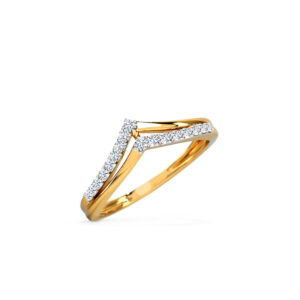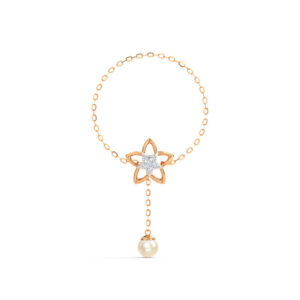If you’ve ever brewed a cup of black tea and found it either too bitter or surprisingly bland, the culprit might not be the tea itself—but how you brewed it. Water temperature and steeping time play a massive role in determining the flavor, aroma, and overall experience of black tea. Understanding this simple but powerful brewing science can help you get the best out of your tea leaves.
The Basics: Why Temperature and Time Matter
Black tea is fully oxidized, which gives it its bold color and rich, robust flavor. To unlock these characteristics, the tea leaves need to be steeped in hot water. But just how hot—and for how long—makes a big difference.
Brewing black tea with water that’s too hot or steeping it too long can lead to bitterness and astringency. On the other hand, water that’s not hot enough or brewing too briefly can result in a flat, underwhelming cup.
Ideal Water Temperature for Black Tea
For most types of black tea, the ideal water temperature ranges from 90°C to 100°C (194°F to 212°F). In simple terms, that’s just below or at a rolling boil.
Delicate black teas like Darjeeling are better brewed at the lower end of this range (around 90–95°C), as too much heat can make them harsh or overly tannic.
Stronger black teas like Assam or Ceylon can handle boiling water (100°C) and often release their best flavor at this higher temperature.
If you’re using an electric kettle with temperature control, great. If not, you can let boiling water sit for 30–60 seconds before pouring it over more delicate black teas.
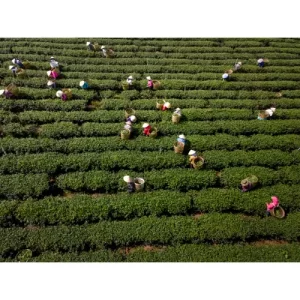 How Steeping Time Changes the Flavor
How Steeping Time Changes the Flavor
Most black teas should steep for 3 to 5 minutes. The exact time affects the strength and bitterness:
1–2 minutes: Light-bodied with subtle flavors. Good if you’re looking for a gentler cup or plan to drink without milk.
3–4 minutes: Balanced flavor and strength. This is the sweet spot for many people.
5+ minutes: Full-bodied and strong, but potentially bitter. Ideal for those who like a bold brew or plan to add milk and sugar.
Going beyond five minutes doesn’t make your tea “stronger”—it often just makes it more bitter. Tannins (natural compounds in tea) become more pronounced the longer you steep, leading to that dry, puckery sensation in your mouth.
Final Thoughts
Mastering the art of water temperature and steeping time can transform your black tea experience. You don’t need fancy tools—just a bit of awareness and practice. With the right balance, you’ll enjoy a cup that’s full of flavor, without the bitterness or blandness. After all, tea is more than just a drink—it’s a ritual. And every good ritual deserves the right technique.

